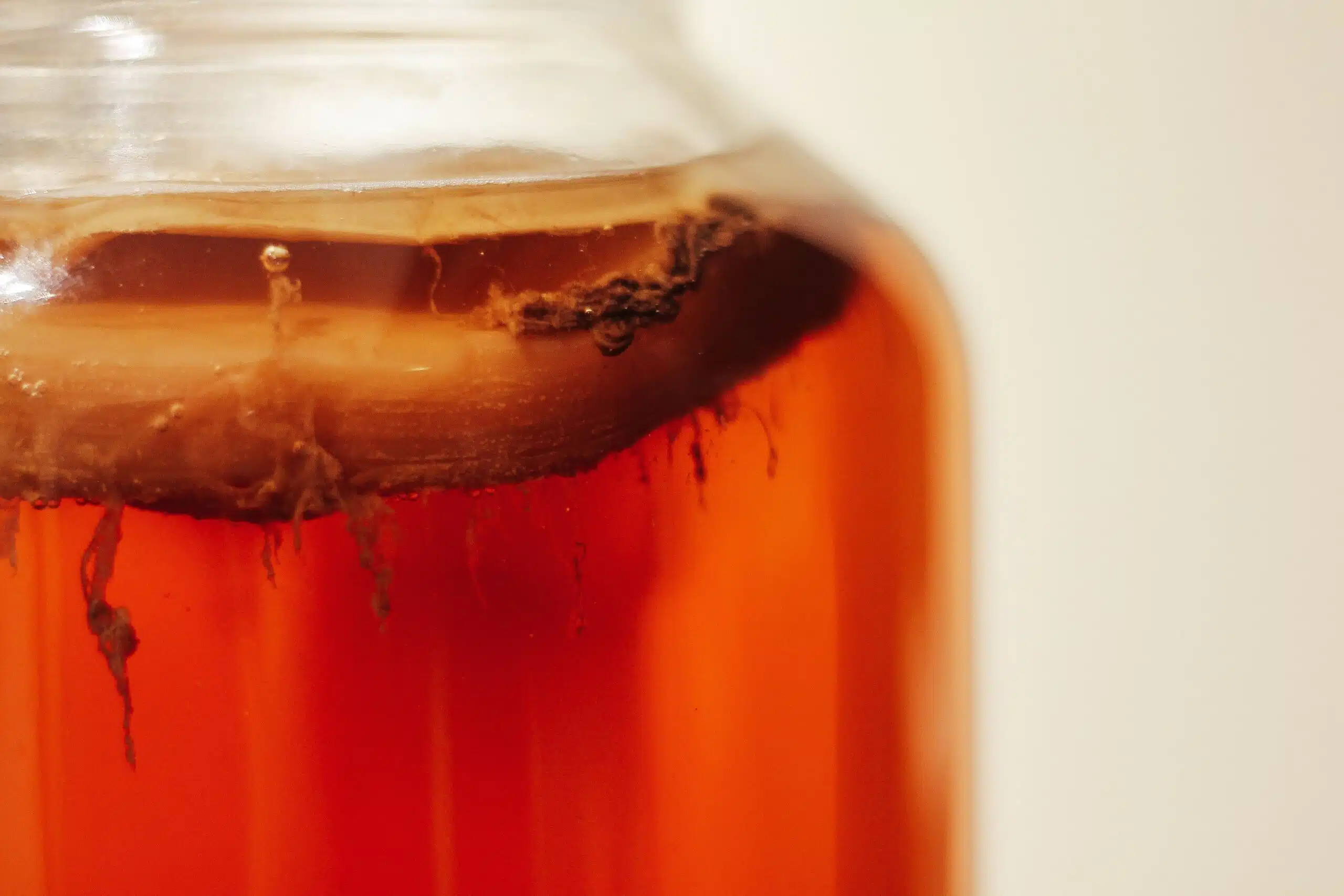Probiotics naturally permeate food that we already eat, such as Yogurt, pickles, and even Miso soup. But do they actually have benefits? Are probiotics good for you? What does scientific evidence have to say?
The scientific community wasn’t always interested in the topic. In fact, if you search on pubmed for “probiotic”, you’ll notice that prior to 1988, there were probably only handful of studies published on the subject. Compare that with 2022, the same search yields over 5000 results! So something happened in between that ignited this interest.
First, what are probiotics?
As mentioned earlier, certain foods, like yogurt, naturally contain these microorganisms due to the fermentation process; Lactobacillus bulgaricus and Streptococcus thermophilus are examples of bacteria strains used in yogurt production.
The basic concept is that our gut is colonized by trillions of bacteria, some of which are good and some of which are bad. Is there a certain combination or “profile” that is most beneficial to us? They live with us in harmony in a relationship called symbiosis; they have their role for us and we have our role for them.
Are there scientifically proven benefits for the use of probiotics?
Before we answer the question, we need to ask another important question: What is the reason for wanting to take probiotics?. Many of the studies done on probiotics aim to address a question that is more specific than “are probiotics good for you”. What do I mean by that?
For example, a study may examine whether there is evidence supporting the use of probiotics in people with inflammatory bowel disease, chronic constipation, or diarrhea. Therefore, if you’re considering starting probiotics, look for evidence that aligns with your specific needs and intentions.
Back to the initial question, what does science say? Science, overall, is not very impressed. Even large systematic reviews that consider multiple studies to arrive at a broader conclusion do not show strong evidence. The National Center of Complementary and Integrative Healthy at the National institute of health nicely summarized some studies in this published article, I highly recommend giving it a look.
Should you stop taking probiotics?
Generally speaking, probiotics are safe to consume. Before you enjoy your favorite brand of bacteria drink, it’s a good idea to consult with your doctor before taking any supplements. Your gut already incubates bacteria and all sorts of microbes, so you’re just adding to that mix. You may experience an upset stomach or some bloating initially, and on very rare occasions you may experience an allergic reaction. In such cases go to the nearest emergency room or see your doctor.
It is important to note that that your stomach is a very hostile environment for microorganisms, the acidity and the enzymes present will likely eliminate over 90% of the bacteria the probiotic drink. Therefore, capsules can be more effective in delivering these microorganisms to their new home in your intestines.
What kind of probiotics should you take?
In essence, seek a diverse and health-promoting mix of microorganisms in your dietary intake. Typically, this encompasses a range of beneficial strains including but not limited to Bifidobacterium, Lactobacillus, Streptococcus, Saccharomyces, Enterococcus, Bacillus, and Escherichia. Numerous claims abound regarding the advantages of these microorganisms. A review article published by Dr. Sabina Fijan in the journal of environmental research and public health delves into these potential benefits. These include but not limited to cholesterol reduction and addressing gastrointestinal issues such as irritable bowel syndrome, constipation, and diarrhea. Additionally, experts suggest that these microorganisms play a role in preventing and treating conditions like bacterial vaginosis.
What is the future of probiotics?
The study of probiotics and the microbiome is an exciting one. Think of it as each bacterial species being a different color that comes together to create a painting. The science of the microbiome aims to study these profiles and their benefits or harms. Each of us will be able to hang the painting that suits us. The future may look something like this:
- For fatigue you need: 20% of bacteria X, 30% of bacteria Y, and 50% of bacteria Z
- For chronic bloating you need: 50% of bacteria X, 30% of bacteria Y, only 10% of bacteria Z, and add 10% of bacteria C.
- For pre-diabetes, weight loss, and heart health: you must add bacteria A to your diet because it’s not found in many food
Assessing your bacterial gut health may become a part of your yearly physical in the distant future. This is part of individualizing medical treatment to best address the variations in our bodies. One size does not fit all.
I will leave you with these conclusions and thoughts. While there’s no strong evidence to support the use of probiotics in many cases, that doesn’t mean that maybe one day there won’t be. So if you’re wondering if probiotics are good for you, you’re not alone, scientists are too. Studies are always ongoing and the topic is relatively young. In addition, in the analogy that I mentioned earlier, you are the artist. What you put in your body will ultimately affect the composition of your microbiome. What are the effects of that? Well, we are still trying to learn.
Image Credit: Tim-Oliver Metz


